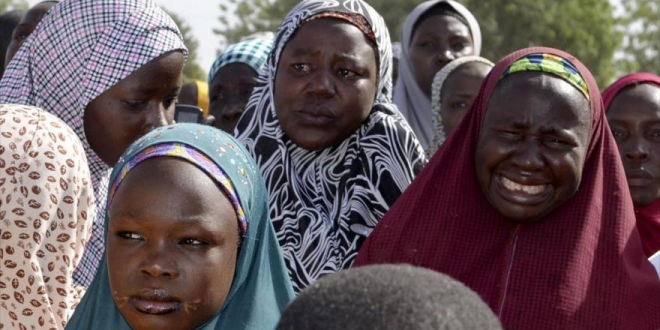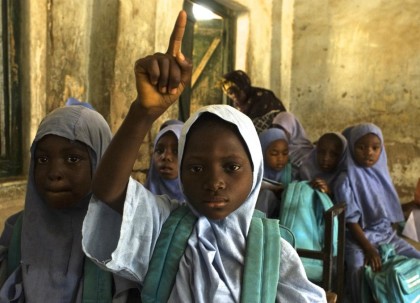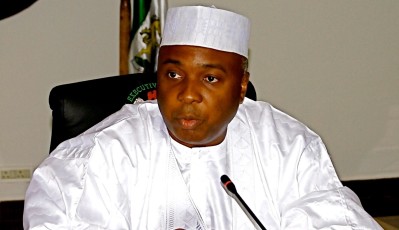Africa/Nigeria/09.05.2017/Autor y Fuente:http://www.nacion.com/
Decenas de estudiantes de Chibok que habían sido secuestradas por Boko Haram fueron liberadas el sábado, después de más de tres años en manos del grupo yihadista nigeriano, anunciaron varias fuentes coincidentes (del gobierno, militares y familiares).
«Puedo confirmar que fueron liberadas», declaró una fuente oficial el sábado por la noche, aunque deseó esperar a que se publicara un comunicado para expresarse en público. Una fuente militar de Banki (noreste de Nigeria) confirmó que «al menos 80 jóvenes de Chibok fueron llevadas a Banki» y que serán «transferidas a Maiduguri mañana», mientras que el padre de una de las chicas también confirmó la noticia.
Enoch Mark, padre de dos jóvenes secuestradas, afirmó que había sido informado: «Nos han tenido al corriente a través del movimiento Bring Back Our Girls (BBOG, que exige la liberación de las estudiantes desde su secuestro) y de un oficial del Estado de Borno. Es una excelente noticia para nosotros», declaró Mark.
BBOG afirmó el sábado en un comunicado publicado en Twitter que «las expectativas son grandes. Nos alegra oír de manera oficial que esta noticia está confirmada y es cierta».
El viernes, las embajadas británica y estadounidense afirmaron que habían recibido un informe en el que se estipulaba que Boko Haram planeaba un secuestro de nacionales extranjeros «a lo largo del eje Banki-Kumshe».
Las organizaciones, particularmente activas en esta zona, devastada por ocho años de conflictos, tuvieron que suspender sus actividades en esa área.
A mediados de abril se cumplieron tres años del secuestro de unas 200 jóvenes a manos del grupo yihadista, en 2014.
Difundido por los medios de todo el mundo, este secuestro masivo provocó una ola de indignación en la que participaron muchas celebridades mundiales a través de las redes sociales con la etiqueta #bringbackourgirls (Devuelvan nuestras chicas).
En octubre de 2016, 21 jóvenes fueron liberadas, algunas de las cuales habían dado a luz en cautividad, tras unas negociaciones entre Boko Haram y el gobierno, con la ayuda del Comité Internacional de la Cruz Roja (CICR) y de Suiza.
El portavoz de la presidencia, Garba Shehu, afirmó en aquel momento que se estaba negociando la liberación de 83 otras jóvenes, pero que seguían detenidas por otras facciones del grupo.
El mes pasado, Shehu declaró a la BBC que las negociaciones seguían en curso, y que el CICR seguía apoyando los diálogos.
El CICR, sin embargo, no ha emitido ninguna declaración sobre este anuncio.
Las estudiantes de Chibok se han convertido en el símbolo de las decenas de miles de personas que siguen detenidas por Boko Haram, que utiliza los secuestros en masa para reclutar combatientes.
El conflicto, particularmente sangriento en la zona del lago Chad, ha dejado más de 20.000 muertos y 2,6 millones de desplazados.
Fuente: http://www.nacion.com/mundo/africa/Liberan-estudiantes-nigerianas-Boko-Haram_0_1632036824.html
Imagen: http://www.nacion.com/mundo/africa/Ninas-liberadas-Boko-Haram_LNCIMA20170506_0049_5.jpg













 Users Today : 43
Users Today : 43 Total Users : 35460252
Total Users : 35460252 Views Today : 58
Views Today : 58 Total views : 3418953
Total views : 3418953